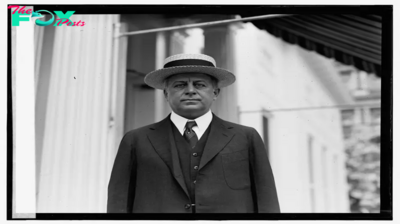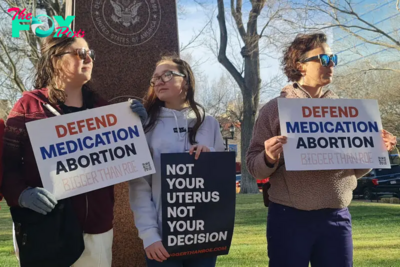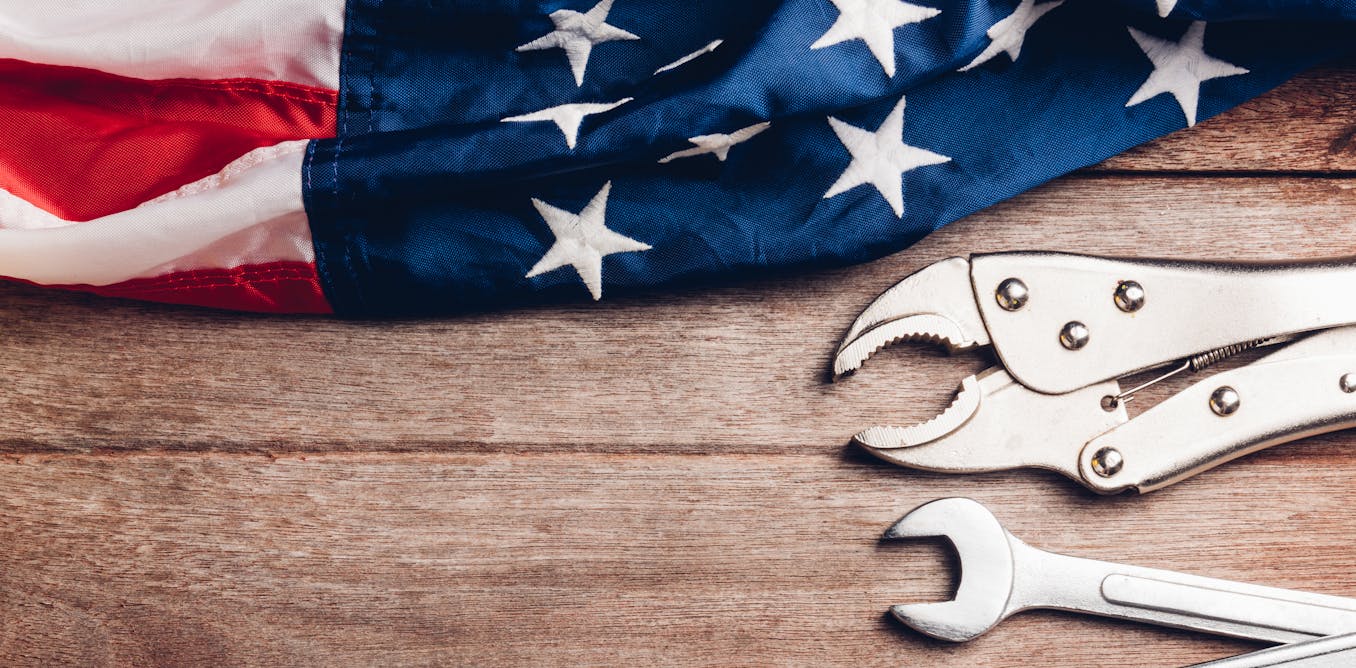Politics
Nikki Haley insists she can lose South Carolina and still get the nomination – but that would defy history
Former South Carolina governor and United Nations Ambassador Nikki Haley, a Republican, has lost the first four presidential primary contests, but has vowed to stay in the race for the foreseeable future. Haley seems to be counting on support from her home state of South Carolina to put her in a more competitive position against former President Donald J. Trump.
Political Science gives Haley a good reason to bank on doing well in South Carolina. For one thing, a candidate has naturally higher name recognition in their home state after having built a career and reputation there. Voters have gotten to know them and their record of achievement, and the candidate knows the culture of the state and its political pressure points.
Shared ties in a state are also a meaningful identity that strengthens connections with voters based on trust. Being an out-of-towner, on the other hand, can make you seem out-of-touch. Just ask Dr. Oz, whose many gaffes during his 2022 campaign for the U.S. Senate in Pennsylvania highlighted his deep roots in neighboring New Jersey.
These conditions can add up to a big electoral advantage that Haley might be counting on in South Carolina.
Unfortunately for Haley, every single poll of her home state’s voters conducted over the past two months has Trump ahead of her by more than 20 points. She recently argued that it doesn’t matter if she doesn’t win South Carolina, as long as she closes “the gap” with Trump.
But if she does lose her home state, does she still have any shot at the nomination? The historical data reveal that the answer is an emphatic “no.”
Data: Haley is in trouble
I collected election results for both parties’ presidential primaries for each election year from 1992 to 2020. I then compared the percentage of the vote they received in their home state’s primary with the average they received in other states’ primaries held slightly before or on the same day as their home state.
First, every eventual nominee in this time period performed at least as well, if not better in their home state’s primary than in other comparable primaries. Even Hillary Clinton and Donald Trump, who were historically unpopular candidates in 2016, followed this trend. The same is true for nearly all of the major presidential primary candidates during this time.
The data also tell us that, in the history of the modern presidential primary, since 1972, there has not been a single eventual nominee from either party who did not win their home state.
In this sense, Haley winning the nomination without her home state would be literally unprecedented.
Of course, Haley might have other outcomes in mind. Even if she remains a consistent second-place finisher in the primaries, she could wait in the wings for the nomination if Trump’s legal difficulties prevent him from serving in some way.
But the evidence says that winning the nomination outright will be next to impossible for Haley without first winning the primary in her home state.
-

 Politics1d ago
Politics1d agoThe Last Time the Senate Rejected a President’s Cabinet Nominee of the Same Party
-

 Politics1d ago
Politics1d agoPolice Report Reveals Assault Allegations Against Pete Hegseth
-

 Politics2d ago
Politics2d agoWhy Trump Actually Needs Mexico
-

 Politics2d ago
Politics2d agoMan Convicted of Killing Laken Riley Sentenced to Life in Prison Without Parole
-

 Politics3d ago
Politics3d agoHow the Biden Administration Protected Abortion Pill Access—and What Trump Could Do Next
-

 Politics3d ago
Politics3d agoWhy Trump’s Tariffs Could Raise Grocery Prices
-

 Politics3d ago
Politics3d agoThe First Trans Member of Congress Expected Pushback Like Mace’s Bathroom Rule
-

 Politics3d ago
Politics3d agoNew York Prosecutors Oppose Dismissing Trump’s Hush Money Conviction





















